Contemplating Violence —— Critical Studies in Modern German Culture
----- 考虑暴力:现代德语文化批判性研究
This volume illuminates the vexed treatment of violence in the German cultural tradition between two crucial, and radically different, violent outbreaks: the French Revolution, and the Holocaust and Second World War. The contributions undermine the notion of violence as an intermittent or random visitor in the imagination and critical theory of modern German culture. Instead, they make a case for violence in its many manifestations as constitutive for modern theories of art, politics, identity, and agency. While the contributions elucidate trends in theories of violence leading up to the Holocaust, they also provide a genealogy of the stakes involved in ongoing discussions of the legitimate uses of violence, and of state, individual, and collective agency in its perpetration. The chapters engage the theorization of violence through analysis of cultural products, including literature, museum planning, film, and critical theory. This collection will be of interest to scholars in the fields of Literary and Cultural Studies, Critical Theory, Philosophy, Gender Studies, History, Museum Studies, and beyond.
{{comment.content}}
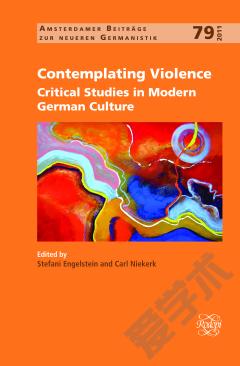

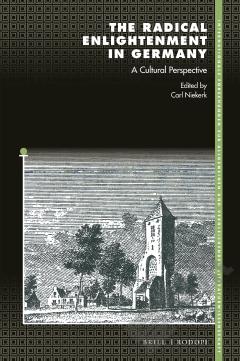
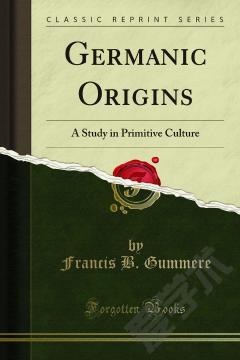
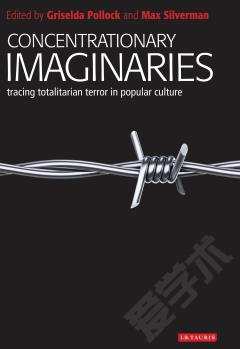

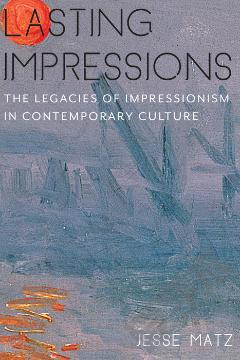

 京公网安备 11010802027623号
京公网安备 11010802027623号